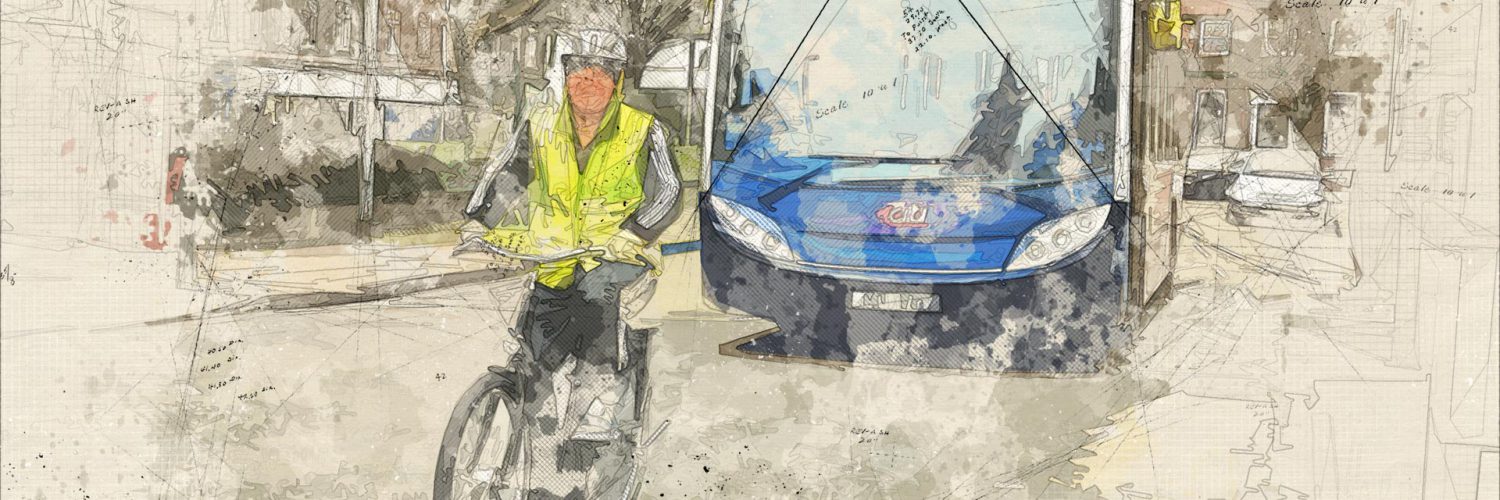About 20 years ago, it was clear that a step change in communications was about to take place. Google may not have been invented. SMS messages may still have been the height of sophistication. But a revolution was in the air.
Nobody could have told you what form the revolution would take. All we knew was that one was coming.
Now another change is looming, this time in transport, something which is far more constrained by the physical world and harder to envisage. The change is being powered by a combination of technologies – in computer control, sensing systems and electric power, alongside a determined effort by people who believe there’s a fortune to be made in using these to disrupt the status quo.
Again, we don’t know how things will end up. In 20 years’ time, the only vehicles on the roads might be Uber ZipPods™. No, I don’t know what they are either. The skies might be filled with solar-powered delivery drones. We might all be members of the 100,000-strong Cambridge Hoverboard Campaign. Nobody can predict what will happen to transport, but I’m certain it’s about to undergo the most significant step change since the dawn of the railway. And we need to be ready for whatever is coming.
The one route we should avoid is to invest and expand in dying 20th-century technologies. This is the worst time to consider projects which destroy things we might have wanted to keep, on the basis of economic justifications that require technology not to change dramatically for the next 20 years or more.
We don’t want Cambridge to one day be laughed at as the last place in Britain to splash concrete everywhere before breakthroughs in transport technology and organisation solved unpredictable journey times forever, leaving infrastructure white elephants in their wake.
I believe that our ingenuity and our funding should be focused on preparing what we’ve already got for whatever might be coming. For now, let’s invest in the many small things which will make existing transport more efficient. Let’s reduce the imposition transport makes on where we live, and provide incentives for more sustainable methods of getting from A to B. Let’s set up the governance, expertise and structures which will be necessary to take advantage of what’s to come.
Our priority should be to fund the evolution which can achieve all this, making us ready for the revolution.
This article was first published in the Cambridge Independent on 16 August 2017.



Add comment